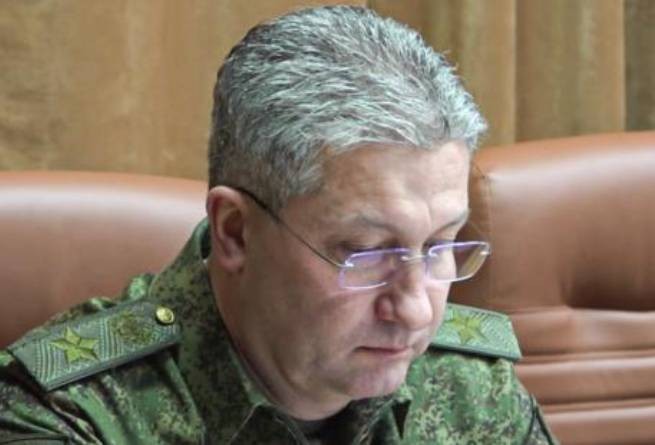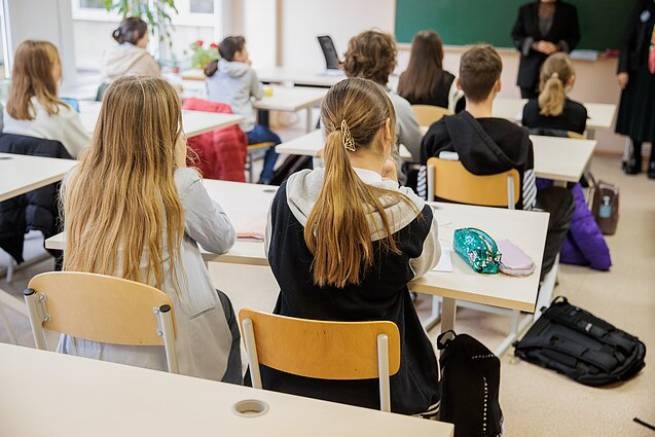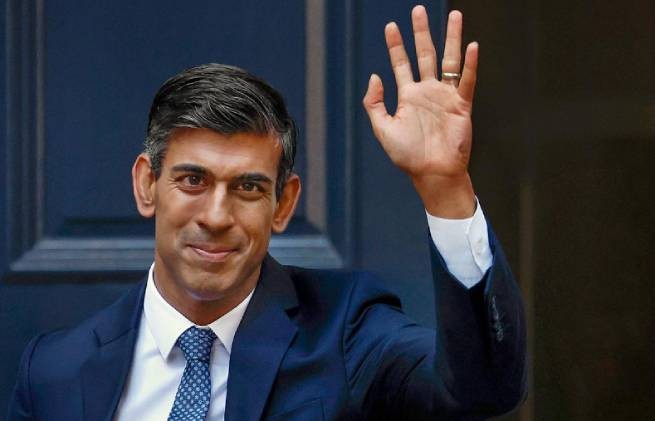Vlad Buryak, the son of a high-ranking Zaporozhye official, was detained by Russian soldiers three months ago, in early April, when he was leaving his native Melitopol in the direction of Zaporozhye. In prison dungeons, a minor teenager spent a long 90 days.
The Washington Post tells how and why he was detained, and how the young man spent those days full of horror and hope.
According to Vlad himself, on his first day in prison, in a gloomy cell measuring 6 by 6 feet (1 foot u003d 30.48 cm), he listened to the desperate cries of the Ukrainians who were in other rooms and wondered if he would be next.
The son of a high-ranking Ukrainian official remained in the occupied Melitopol, where he looked after his terminally ill grandfather. His mother and sister were evacuated, but Vlad refused. After the death of his grandfather, acquaintances of his father, Oleg Buryak, volunteered to help take the young man to Zaporozhye. On April 8, he left Melitopol with them in a car.
According to Oleg Buryak, everything happened during the evacuation convoy, which was going from Melitopol to Zaporozhye. The car was kept at the checkpoint for about three hours. As a result, everyone was released, except for the son. The guy was sitting in the back seat and looking at something on his mobile phone. The Russian military began to accuse him of video filming. Taking the phone, he found a video there, in which a captured Russian military man addresses his relatives.
After that, a scrupulous verification of documents began. It was not difficult to reveal that Vlad turned out to be the son of the head of the Zaporozhye regional military administration, Oleg Buryak. And the days in captivity dragged on for the boy …
The case of Vlad, who, unlike thousands of other missing Ukrainians, has returned home, provides a rare opportunity to learn about institutions that international human rights defenders or independent journalists cannot access. In an interview with The Washington Post, shortly after his safe return, the teenager spoke for the first time about the 90-day detention in Russian captivity.
He was taken to a prison in Vasilyevka, an occupied city in the south-east of the country’s Zaporozhye region. For the first few days they were kept in solitary confinement. The initial shock of detention quickly turned into horror. Less than a week later, a 20-year-old man was placed in the same cell. The young man heard how the young man was beaten and tortured with electric current during interrogations, sometimes the torture lasted up to three hours, the teenager says.
Soon the neighbor said he couldn’t take it anymore. He would rather “leave this earth than continue to be tortured.” According to Vlad, the man reached for the lid of a tin can and cut his wrists. The teenager sat next to him, holding his hand as he slowly died. But a guard came, called a doctor, and they took him away. Vlad doesn’t know if he survived. Before cutting his veins, he said that he had a wife and a child.
Ukrainian human rights groups monitoring enforced disappearances said Vlad’s testimony was consistent with that of other victims who were released and said that torture was a “common practice.” The United Nations also reported numerous cases of civilian and military prisoners being tortured by Russian soldiers. US officials this week accused Russian forces of forcibly detaining or disappearing thousands of Ukrainian civilians and said many of them are being tortured. Russia has repeatedly denied any allegations of torture or other war crimes.
Left alone in his cell, Vlad again felt isolated. He tells:
“The first 48 days I was in the Vasilyevsky police department, kept in a pre-trial detention center in solitary confinement. You understand what solitary confinement is. This is the inability to go outside normally, the inability to talk. I had a connection once every ten days. I could go out 15-20 minutes a day at most. For the first two weeks I couldn’t wash, and washed my clothes only after three weeks. The toilet in my cell didn’t work. I had to draw water from the tap with an iron bowl and flush. In my tasks included cleaning the premises, as well as cleaning the premises in which interrogations were carried out.
Vlad says that as a job, he was often forced to clean the room where other prisoners were tortured, where everything was soaked in blood. Teenager says:
“I didn’t have any emotions. I acted like nothing happened. I wasn’t aggressive, so I figured they wouldn’t do the same to me. I realized that at that moment I had to save myself. I was very scared. I was shocked. It’s like everything inside of me is on fire.”
Some of the moments he witnessed were too harsh. One day, for example, he entered a torture chamber and found a man hanging from the ceiling, his hands tied with ropes. A Russian soldier was sitting next to a badly beaten prisoner and calmly making some notes.
Like a mantra, Vlad continued to repeat two phrases to himself: “There are no unsolvable situations. I’ll get out.” Meanwhile, Vlad’s father was frantically looking for an opportunity to free his son. As the head of the Zaporizhzhya Regional Military Administration, Oleg Buryak relied on his connections in the government, desperate to organize an exchange of prisoners. Nothing worked…
After seven weeks in prison, Vlad was transferred to an institution with better conditions, where he could at least bathe regularly and occasionally call his father. Not knowing if he would ever see him again.
On July 4, Buryak received a call from a Russian negotiator who told him that he was ready to release Vlad. Details of the delicate exchange, according to Buryak, he cannot disclose. Some, he says, are still incomprehensible to him. Vlad will be part of a three-person prisoner exchange, he said, and he will be transferred back to Ukrainian territory in a civilian evacuation caravan.
Two days later, Vlad called his father: “Dad, they say that I will come to you tomorrow.” These remaining hours were the most difficult for father and son. Buryak met Vlad on the side of the road, near the zero line, where Ukrainian and occupied territories converge. My father said later: “When Vlad was kidnapped, it was as if a piece of my heart was torn off. And when I hugged him, I felt that this piece was back.”
And the country is still at war. Vlad’s injury will remain for a long time. The sounds of torture, the fear of being caught again, and the lingering smell of blood-soaked rags often keep him awake and nervous. The boy says he feels at least five years older.
Just a week after his return, Vlad, giving interviews to journalists, adopted the same stoic and decisive demeanor as his father. He said he now spends his days volunteering for various wartime activities, distributing humanitarian aid and telling his story. His jaw clenched as he said, “I don’t want to forget any of this so I can tell others and make sure people know the truth.”







More Stories
The Senate voted to allocate funding to Ukraine
From April 23, the Ministry of Foreign Affairs of Ukraine restricts access to consular services for men abroad
Mobilization in Ukraine: about the conditions for conscription of persons with disabilities